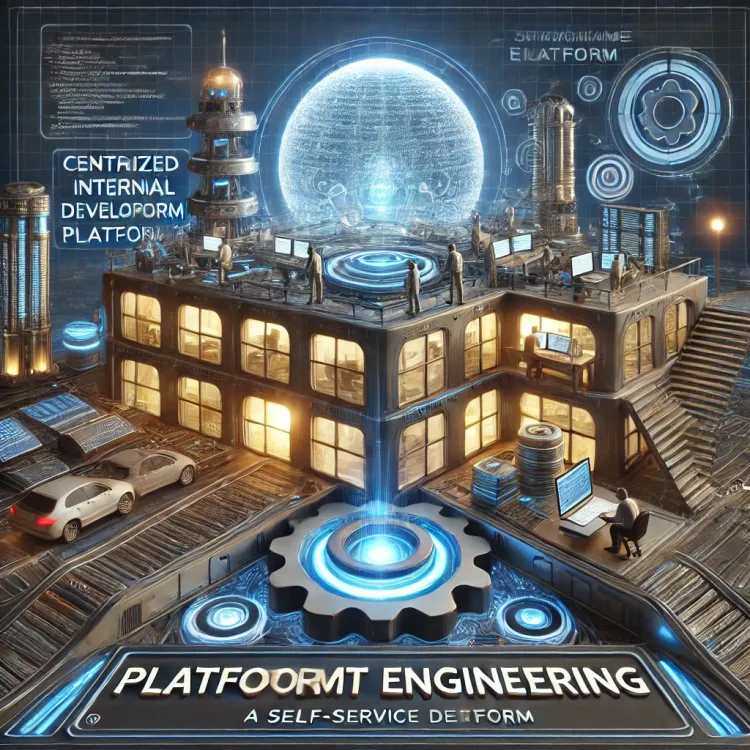Site Reliability Engineering (SRE) – Bridging Operations and Development with Engineering Excellence

If DevOps is the culture, SRE is the technical implementation of that culture. Developed at Google, Site Reliability Engineering focuses on using software engineering principles to manage and optimize system reliability.
What is SRE?
SRE is both a philosophy and a set of practices that aim to make systems reliable, scalable, and efficient. It applies engineering solutions to operational problems, with a strong emphasis on automation and reducing toil.
Key Principles of SRE
- Embracing Failure as Normal SREs acknowledge that systems will fail. Instead of aiming for 100% uptime, they define Service Level Objectives (SLOs) and accept a certain level of error (Error Budgets).
- Toil Reduction Repetitive, manual tasks ("toil") are automated wherever possible to free up engineers for higher-value work.
- Blameless Postmortems Post-incident reviews focus on learning and improvement rather than assigning blame.
- Monitoring and Observability Systems are designed to provide actionable insights through metrics, logs, and traces.
Core Practices of SRE
- Incident Management: Define clear processes for detecting and resolving incidents.
- Capacity Planning: Use data to anticipate future needs and prevent bottlenecks.
- Release Engineering: Optimize deployment pipelines for speed and stability.
Tools of the Trade
Like DevOps, SRE relies on tools for automation and observability:
- Observability: OpenTelemetry, Honeycomb, New Relic
- Incident Management: PagerDuty, Opsgenie, VictorOps
- Chaos Engineering: Gremlin, Chaos Monkey
Challenges
- Balancing Reliability vs. Velocity: Allocating error budgets requires careful trade-offs.
- Skill Gaps: Combining software engineering with operational expertise demands a unique skill set.
- Cultural Alignment: Embedding SRE principles in traditional teams takes time.
SRE provides the technical depth needed to ensure reliability at scale, but as systems grow more complex, the need for dedicated platforms becomes apparent. Enter Platform Engineering. Continue reading in the conclusive part 3 of this blog series.
Check out Part 1 if you missed the introduction to DevOps
Check out the book by Google and O'Reilly for an in-depth analysis of SRE




